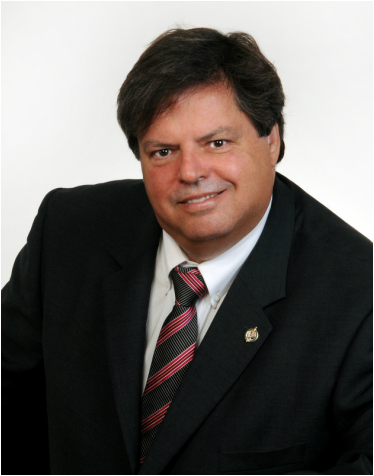I want to continue working for the people of Ottawa-Vanier and help them in achieving their individual and collective ambitions for the benefit of our community. People, community groups and organizations I met and continue to meet every day in the riding each give me their views on what they want to see accomplish for the betterment of our community, which I then consider in setting my priorities.
I have always been devoted to national unity, respect for Canada’s linguistic duality and cultural diversity, and vibrant parliamentary democracy. As an MP and Cabinet Minister, I have always been accessible and demonstrated time and again my ability to contribute strong advocacy and effective resolution of issues. Should I be re-elected on October 19th, I will continue to be a positive agent for change in our community as well as in the House of Commons for a more socially responsible government.
What are the two most important issues affecting our riding and what would you do to address them?
I would say that the most important issue in the riding is to continue to defend the interests of the people living in our community by working with other levels of government to help ensure the highest quality of life for all. There are several key issues to consider, for instance: fighting for more affordable housing and the right for everyone to have a place they can call home; making sure the Rockcliffe Air Base redevelopment is driven by the need for balance, economic viability and sustainability. This redevelopment is one of Ottawa’s most anticipated projects and a very significant urban planning opportunity. Let’s not make it a bedroom community. Let’s make things right.
Ottawa has approved the ByWard Market Revitalization Plan as a Term of Council priority. What would you do to enhance this jewel in our, and Ottawa's, community?
I'm very proud of the announcement made on August 27th by Liberal Leader Justin Trudeau that a Liberal government would invest an additional 60 billion dollars over the next decade -- nearly doubling federal infrastructure investment to almost 125 billion dollars – in Canada’s public transit infrastructure, social infrastructure and green infrastructure, all of which will benefit cities and their communities, such as Ottawa and our ByWard Market and Lowertown areas. For more information on this announcement, please visit http://www.liberal.ca/realchange/choosing-investment-jobs-and-growth-for-the-middle-class/
The majority of Lowertown residents walk, cycle or take public transit to work, shop and play, but it can be dangerous given heavy truck and car traffic, especially on King Edward Ave. How would you work to improve active transportation infrastructure and safety?
I have always supported relieving traffic congestion in downtown Ottawa and removing heavy trucks from the area. Since some of them carry hazardous materials, these trucks pose an ongoing public safety threat to the densely populated core. Their size alone adds another set of problems to already congested traffic, not to mention their environmental impact.
There have been a number of proposals over the last couple of decades to relieve traffic congestion and remove heavy trucks. However, since the National Capital Commission (NCC) does not have any sound plans for our transportation corridors, many have joined me in calling for the option to build a bridge at Kettle Island to be scrapped. A bridge at that location would have simply transferred part of the truck problem to another community, thus spreading the problem without solving it. Obviously, Ottawa City Council and the Government of Ontario will need to work together to resolve this longstanding issue. Let’s hope the NCC will get on board, or at least not get in the way of the other levels of government actually trying to fix the problem.
Given the lack of serious proposals by the NCC to address this ongoing problem, solutions for reducing the impact of trucks could be developed. Residents have already pointed to various solutions, such as building a tunnel under downtown just for heavy trucks, setting up load redistribution centres in the city outskirts so that heavy trucks could be unloaded and their cargo placed in smaller vehicles, or limiting the hours when heavy truck traffic is permitted.
First published in the Lowertown Echo Newspaper, September - October edition, Volume 6, issue 4
http://www.lowertown-basseville.ca/blog--blogue/read-the-latest-edition-of-the-echo-online


 RSS Feed
RSS Feed